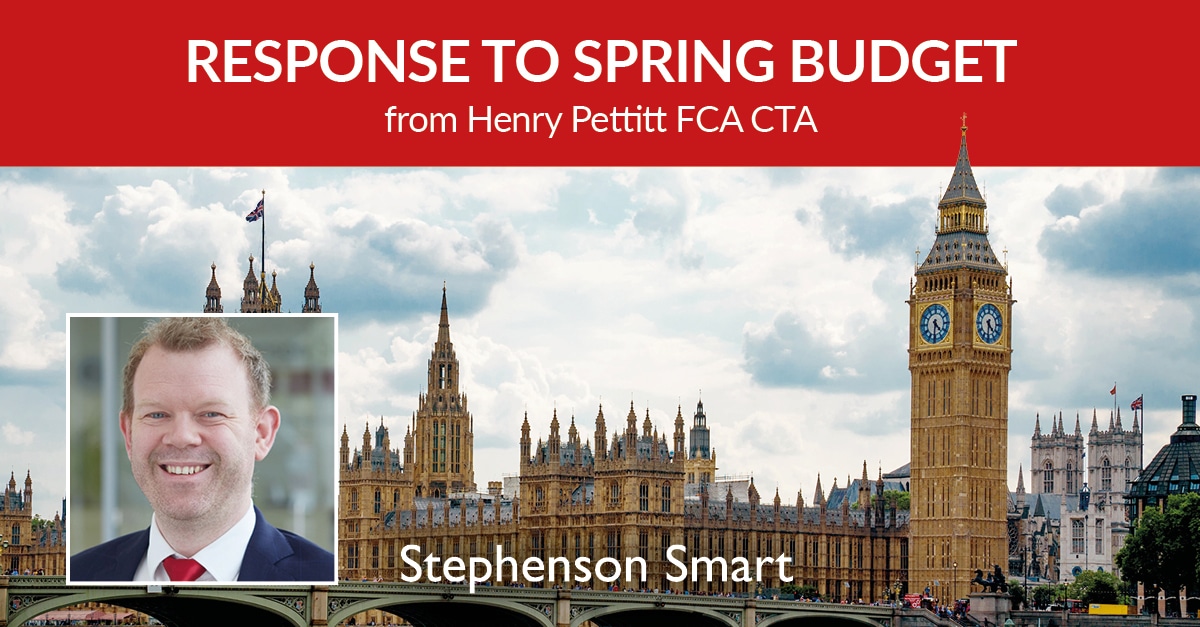
The headline from the Spring Budget, presented to parliament by the Chancellor on 6 March 2024, was, once again, the cut to National Insurance rates. However, there were many other announcements made that may have an impact on you and…
Advisory fuel rates company car – an overview by Partner, Chris Goad: New company car advisory fuel rates have been published and took effect from 1 December 2023. The guidance states: ‘you can use the previous rates for up to one month…


The headline from the Autumn Statement 2023, presented to parliament by the Chancellor on 22 November, was the cut to National Insurance rates. However, there were many other announcements made that may have an impact on you and your business….
Martyn Benstead, partner at Stephenson Smart, explains the importance of being prepared as the Self Assessment tax return date looms. There’s never an ideal time to start thinking about your Self Assessment tax return, but my advice would be to…


Does your business’s year end coincide with the tax year end? If not, you need to know about basis period reform. Basis period reform is the government’s plan to move most sole traders and partnerships to an accounting year end…

